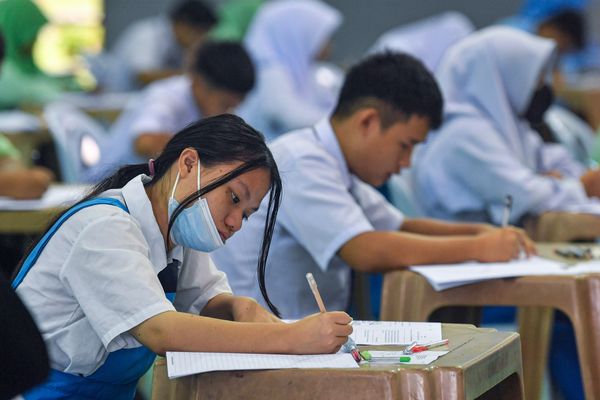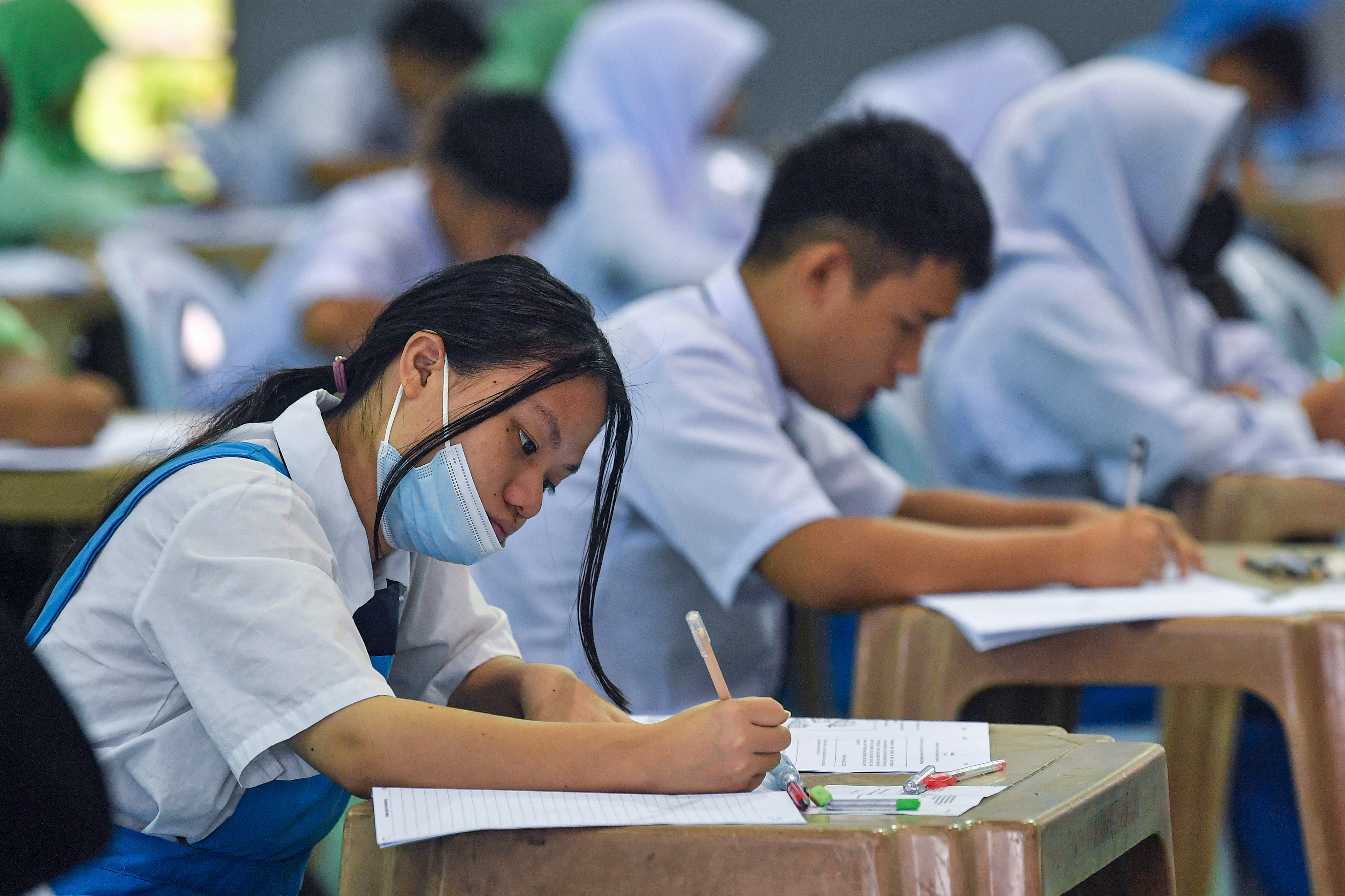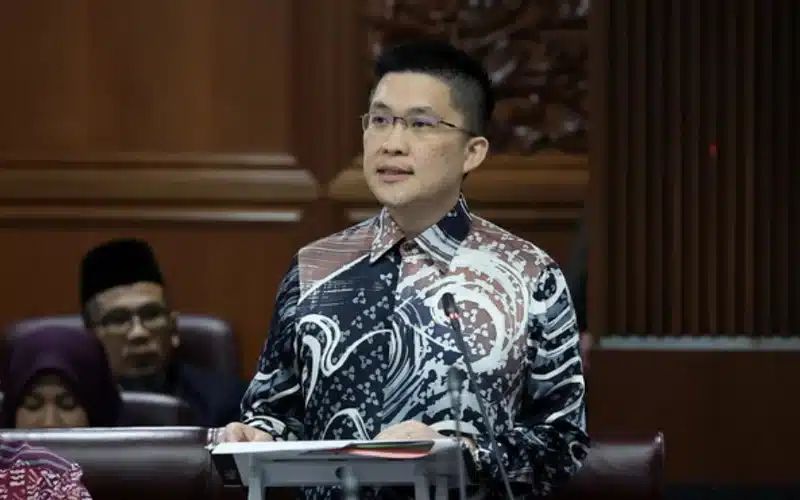KUALA LUMPUR, Oct 22 — The Sijil Pelajaran Malaysia (SPM) results have remained stable despite the discontinuation of the Ujian Pencapaian Sekolah Rendah (UPSR) and Pentaksiran Tingkatan Tiga (PT3) examinations.
Deputy Education Minister Wong Kah Woh said an analysis of SPM results from 2023 and 2024 revealed that the removal of these two examinations has not negatively impacted SPM performance.
"The Ujian Akhir Sesi Akademik (UASA), which has replaced the UPSR and PT3, continues to adhere to the specifications and standards set by the Examination Board, allowing teachers to comprehensively assess student performance," he said.
Wong was responding to Tanjung Karang MP Datuk Dr Zulkafperi Hanapi's supplementary query during the Dewan Rakyat question session today.
In a related development, he informed the House that based on the Sistem Pengesanan Murid Berisiko Cicir (SiPKPM), which covers educational institutions under the Education Ministry (MOE), the dropout rate in primary schools currently stands at 0.05 per cent and 0.59 per cent in secondary schools.
The ministry is implementing various initiatives to address the issue, including the Comprehensive Special Model Schools K9 and K11.
Wong added that there are currently 30 K9 schools, and the MOE has expanded the K11 concept to five schools, which is expected to reduce the dropout rate during the Form Three to Form Four transition.
“The MOE also provides 18 types of schooling assistance, which include travel and transport aid, life jackets for students using water transport, and the Supplementary Food Programme.
“At the start of the 2024/2025 session, RM100 million in aid was channelled to 583 remote schools across Peninsular Malaysia, Sabah, and Sarawak,” he said in response to Selayang MP William Leong's query on the latest national statistics on dropout rates at primary and secondary schools.
The deputy minister noted that SiPKPM has been enhanced with an artificial intelligence (AI) application since May to better identify at-risk students, including their interests and learning pathways, to enable more targeted interventions.
Wong said the MOE is confident that these consolidated efforts will ensure every child, particularly those in remote and rural areas, has access to education without logistical barriers.



